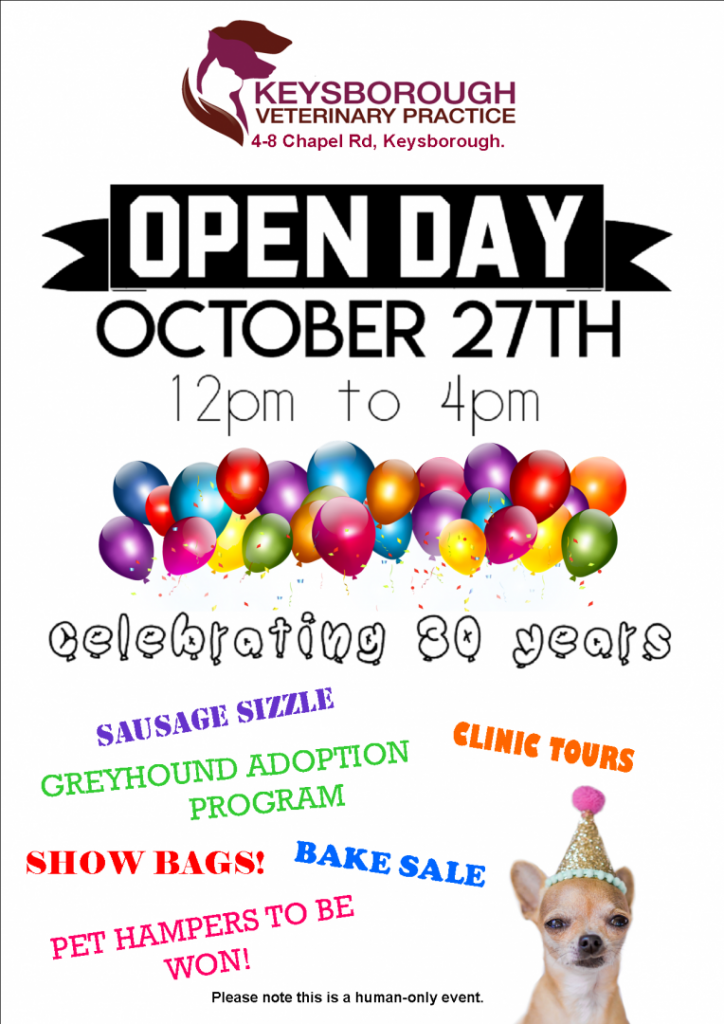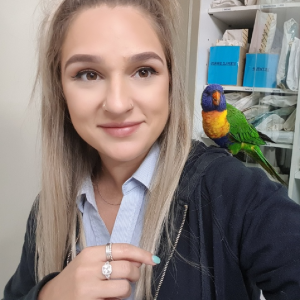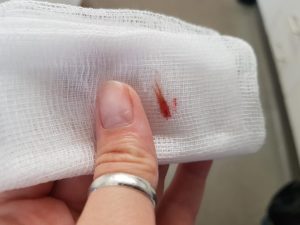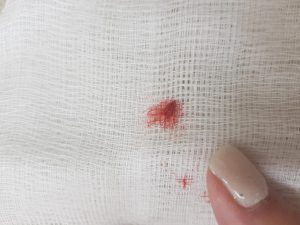With the Season changing and Easter coming up we’ve created a new and exciting newsletter for you all to read.
We’ve included some interesting facts and information regarding toxins, food to avoid feeding your pets and disease symptoms to look out for.
We’ve also included our opening hours over the Easter period.
Click on the link below to have a look for yourself!
Autumn Newsletter
Have a safe and happy Easter.
On behalf of the team at Keysborough Veterinary Practice.














